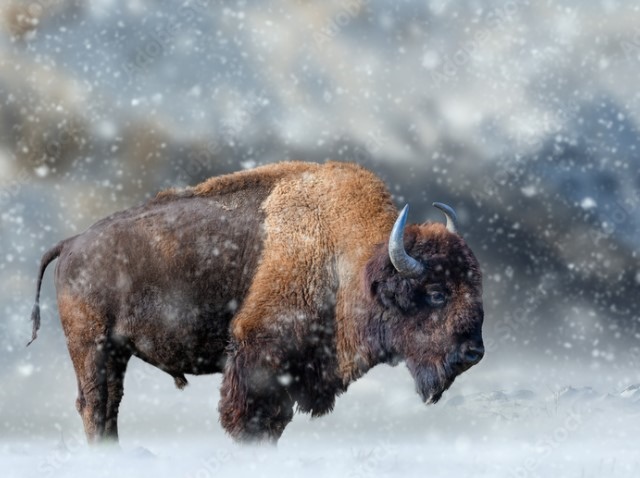First Nation demands action from AER and Imperial to clean up tails spillage at Kearl oil sands


The Athabasca Chipewyan First Nation (ACFN) is demanding action and accountability for the on-going tailings spillage from the Kearl oil sands project in northern Alberta. The project is 71% owned by Imperial Oil and 29% by ExxonMobil Canada.
"Since May 2022, Imperial Oil and the Alberta Energy Regulator (AER) have covered up unprecedented failures of tailings dams and toxic tailings leaks and spill at the Kearl mine," said Chief Adam of the Athabasca Chipewyan First Nation. "They've been keeping this information from the public, instead of protecting the environment and the downstream Indigenous communities. "
The First Nation says that downstream Indigenous communities were not informed of the problem for a year. Notification occurred only after AER issued an environmental protection order on Feb. 6 when at least 5.4 million additional litres of toxic chemicals spilled. It is alleged that containment has not been achieved.
"ACFN raised concerns about the tailings dams during the environmental assessment in 2007, but the AER approved them anyway,” said Chief Adam. “We were told that this wouldn't happen. And then when it did happen, Imperial didn't inform us, and the AER didn't do anything to protect us. When Imperial advised the AER that toxic tailings were leaking in May 2022, the AER failed to act for months. What's more, when the AER Issued a notice of noncompliance to Imperial in September 2022, it did so secretly. Both Imperial and the AER failed to give notice or take action to keep the public and Indigenous communities safe."
When the First Nation chartered a helicopter to tour the site of the spills last weekend, the saw no evidence of activity at the lead locations. Imperial claimed that crews were working to contain the spill, but there was no evidence of activity at the leak locations. Instead, the ACFN noted that production appears to be continuing as usual, and a few hundred metres away from one of the leaks, several pipes were still filling the tailings pond.
"This does not appear to be a simple accident, but a systemic failure of Imperials' tailing ponds," added Chief Adam. "The failure of one pond might be explained as a malfunction, but the failures of four ponds suggests much bigger problems at the Kearl site. And these are just the ones we know of. ACFN is concerned that Imperial may not have adequate procedures or infrastructure to contain their tailings. This incident must be fully investigated so we can get to the bottom of this."
Meanwhile Indigenous communities have been advised not to eat any wild meat harvested downstream of the Kearl site after May 2022.
Follow this story at www.ACFN.com.
Comments